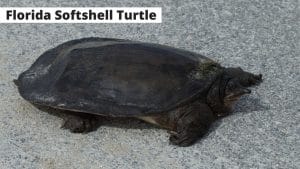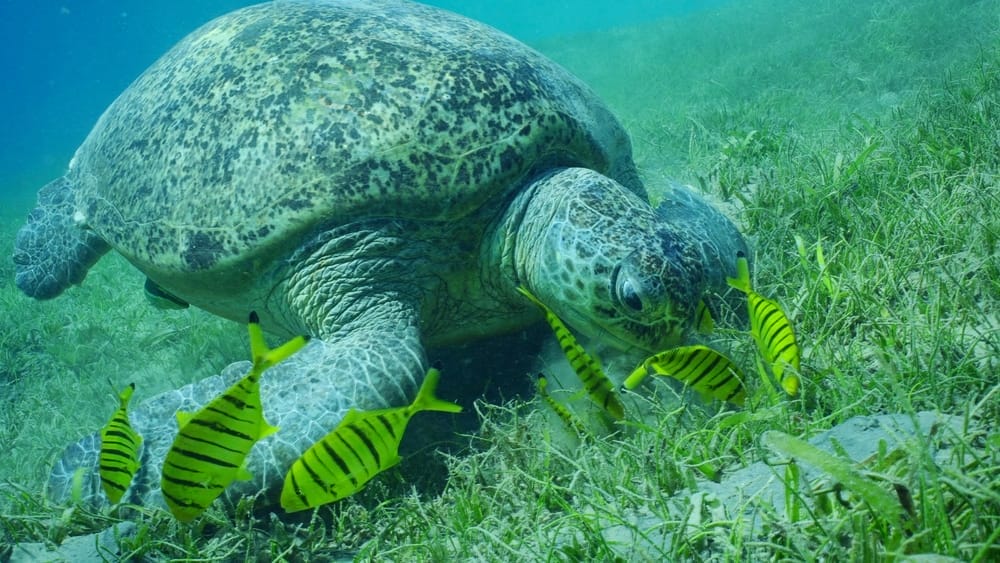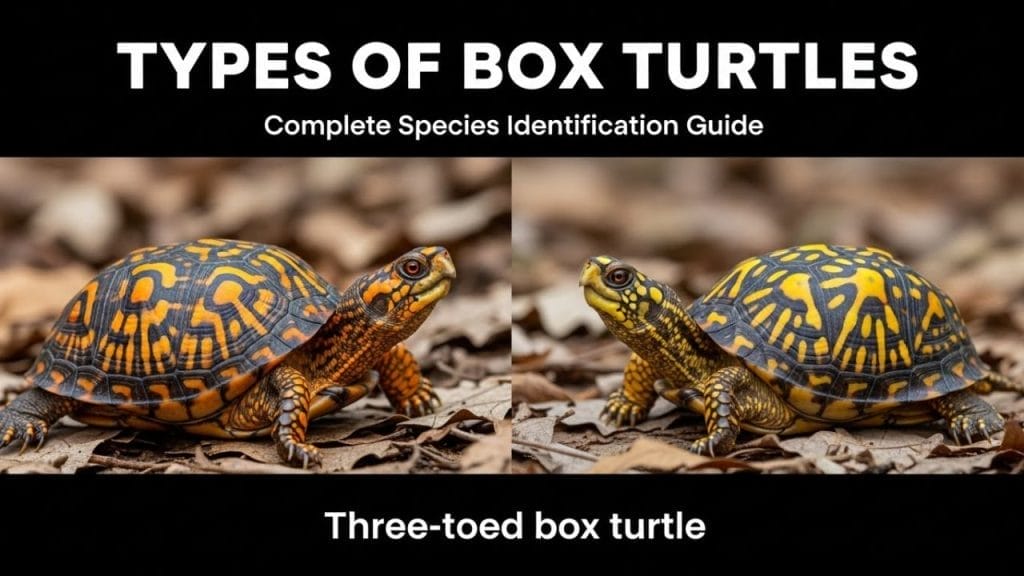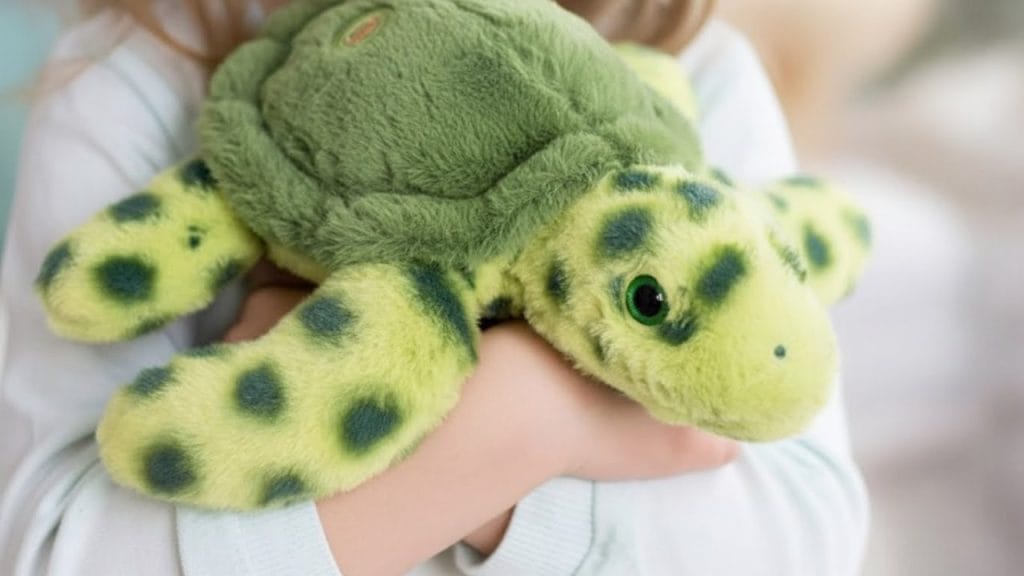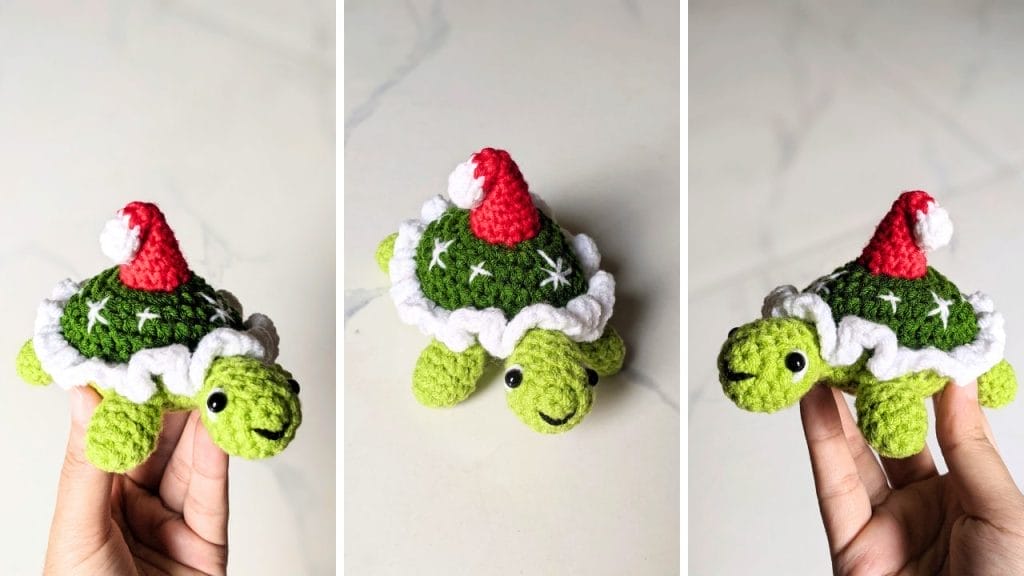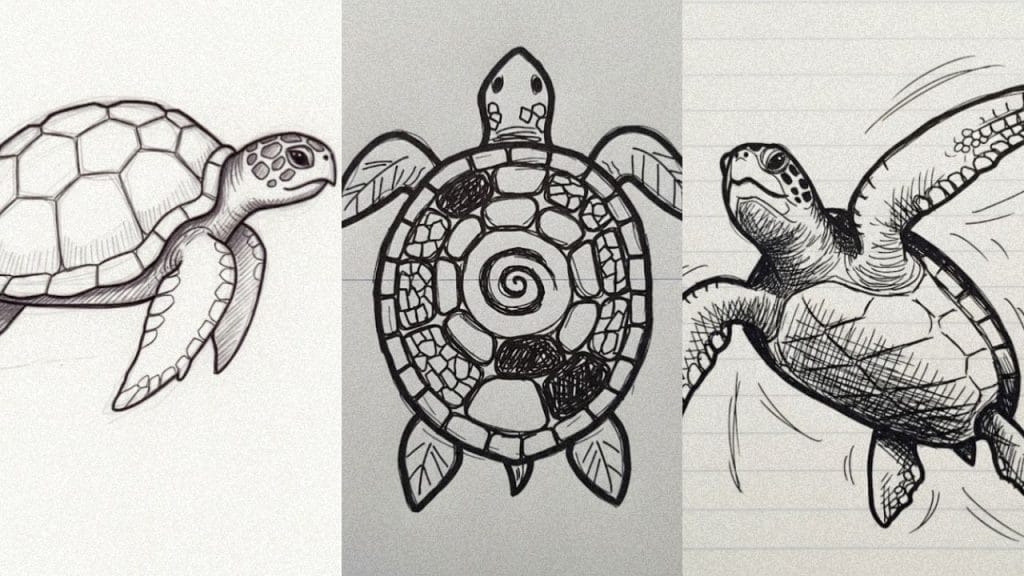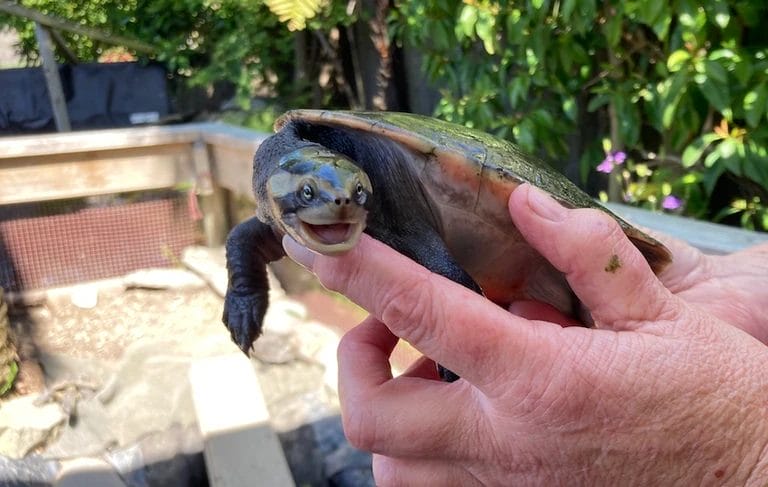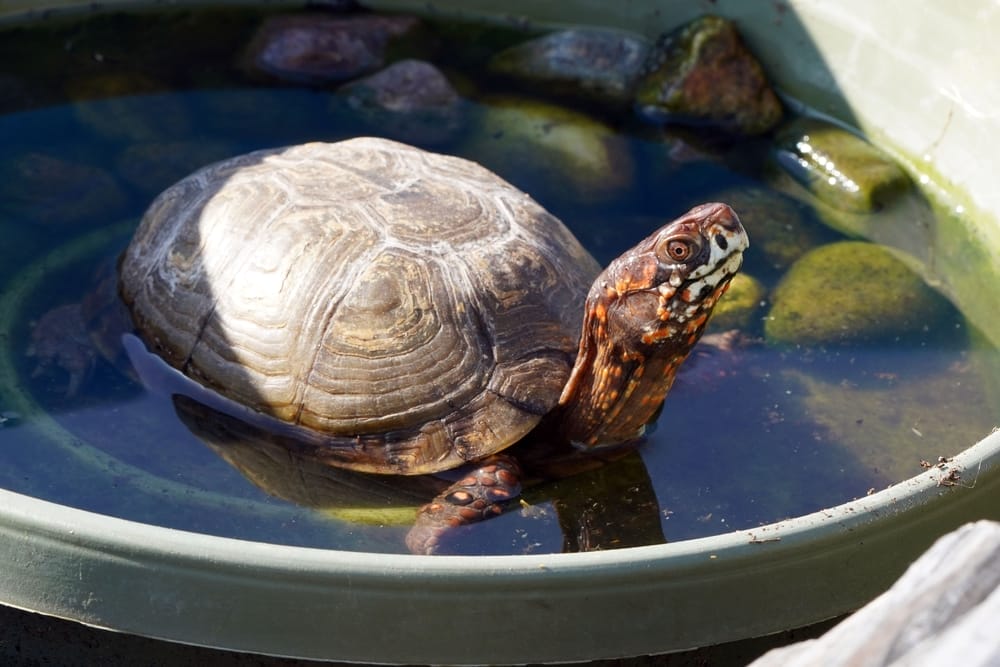Apalone mutica (Smooth softshell turtle)
Home > Turtle Database > Apalone mutica (Smooth softshell turtle)
Apalone mutica, commonly known as the smooth softshell turtle, is a species of softshell turtle in the family Trionychidae. It is characterized by its smooth, leathery shell and snorkel-like nose, which are adaptations for its aquatic lifestyle.
Native To These Regions
Alabama (USA), Arkansas (USA), Illinois (USA), Indiana (USA), Iowa (USA), Kansas (USA), Kentucky (USA), Louisiana (USA), Minnesota (USA), Mississippi (USA), Missouri (USA), Nebraska (USA), Ohio (USA), Oklahoma (USA), South Dakota (USA), Tennessee (USA), Texas (USA), Wisconsin (USA)Native Turtle Species Map – Find Turtles by Region
Scientific Classification
- Kingdom: Animalia
- Phylum: Chordata
- Class: Reptilia
- Order: Testudines
- Family: Trionychidae
- Genus: Apalone
- Species: Apalone mutica
Common Names
- Smooth softshell turtle
- Midland smooth softshell
This Hilarious Turtle Book Might Know Your Pet Better Than You Do
Let’s be real—most turtle care guides feel like reading a textbook written by a sleep-deprived zookeeper.
This one’s not that.
Told from the snarky point of view of a grumpy, judgmental turtle, 21 Turtle Truths You’ll Never Read in a Care Guide is packed with sarcasm, sass, and surprisingly useful insights.
And hey—you don’t have to commit to the whole thing just yet.
Grab 2 free truths from the ebook and get a taste of what your turtle really thinks about your setup, your food choices, and that weird plastic palm tree.
It’s funny, it’s honest, and if you’ve ever owned a turtle who glares at you like you’re the problem—you’ll feel seen.
Identification
Description
Smooth softshell turtles have a flat, round, leathery carapace that lacks scutes and is olive to tan in color, often with dark blotches. They have long, tubular snouts and webbed feet.
Sexual Dimorphism
Females are significantly larger than males, reaching up to 35 cm in carapace length, whereas males typically measure around 24 cm.
Check more turtles from the Apalone genus
Native Origin and Distribution
Geographical Range
This species is native to the central United States, particularly in the Mississippi River basin, extending from Pennsylvania to Montana and south to the Gulf of Mexico.
Preferred Habitat
Apalone mutica prefers large rivers with sandy or muddy bottoms where it can easily bury itself.
Behavior
Feeding Habits
They are carnivorous, primarily feeding on fish, insects, and crustaceans.
Predators
Natural predators include raccoons, birds of prey, and larger fish.
Reproduction
Breeding Season
Breeding occurs in the spring, from April to June.
Reproductive Method
Females lay between 4 to 32 eggs in sandy banks, with the eggs hatching after about 60-70 days.
Conservation
Extinction Status
The smooth softshell turtle is currently listed as Least Concern by the IUCN.
Threats
Threats include habitat destruction, pollution, and the pet trade.
Conservation Measures
Conservation efforts focus on habitat preservation and regulation of trade.
Economic Importance
Smooth softshell turtles are sometimes harvested for their meat and are also sold in the pet trade.
Interesting Facts
- The smooth softshell turtle can breathe underwater by exchanging gases through its skin, particularly when the water is cold and oxygen levels are high.
- They are extremely agile in water but vulnerable on land due to their soft shells.
Research Studies
Here is a link to a research paper that examines the habitat preferences and population dynamics of Apalone mutica: Midland Smooth Softshell (Apalone mutica) and Spiny Softshell (Apalone spinifera) Turtles in the Middle Mississippi River: Habitat Associations, Population Structure, and Implications for Conservation

About Author
Muntaseer Rahman started keeping pet turtles back in 2013. He also owns the largest Turtle & Tortoise Facebook community in Bangladesh. These days he is mostly active on Facebook.




